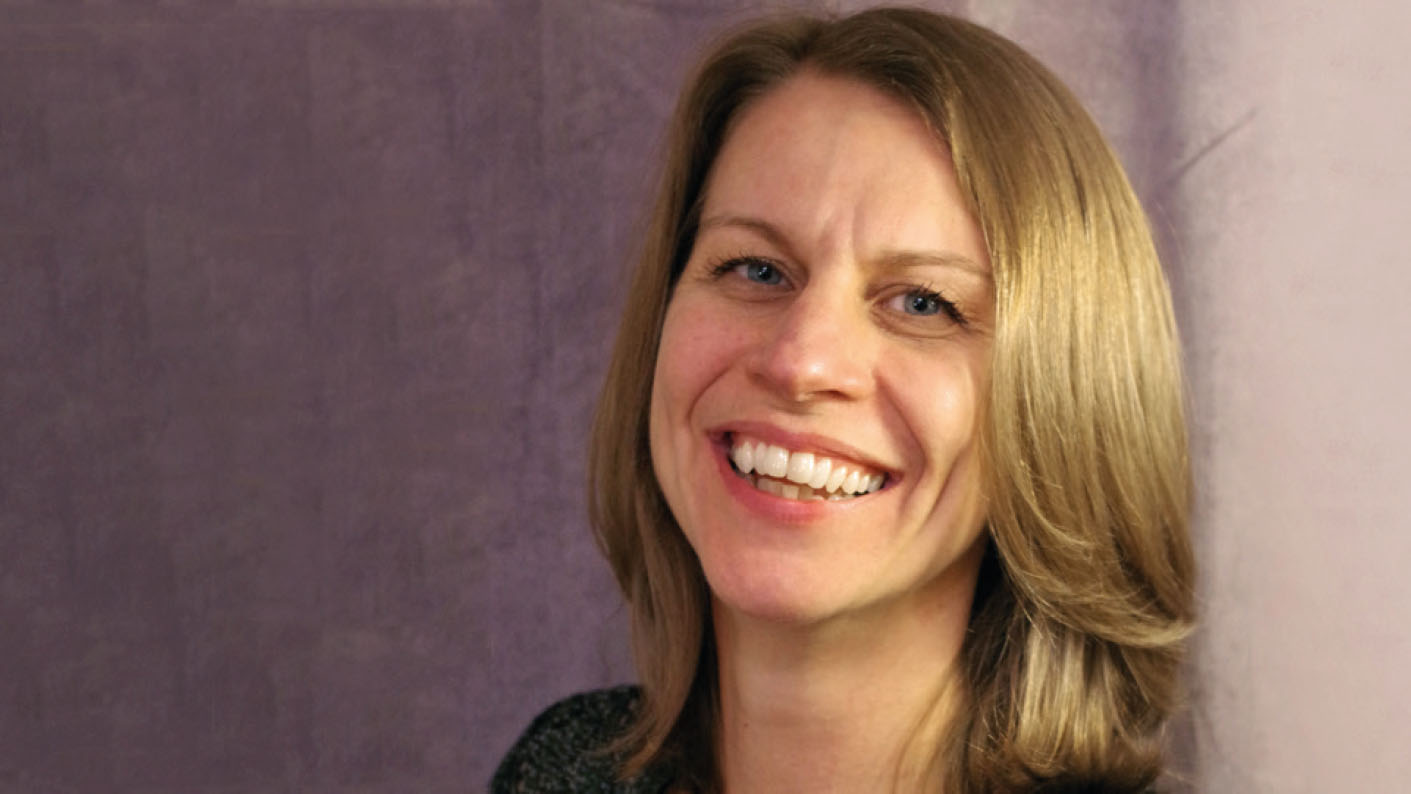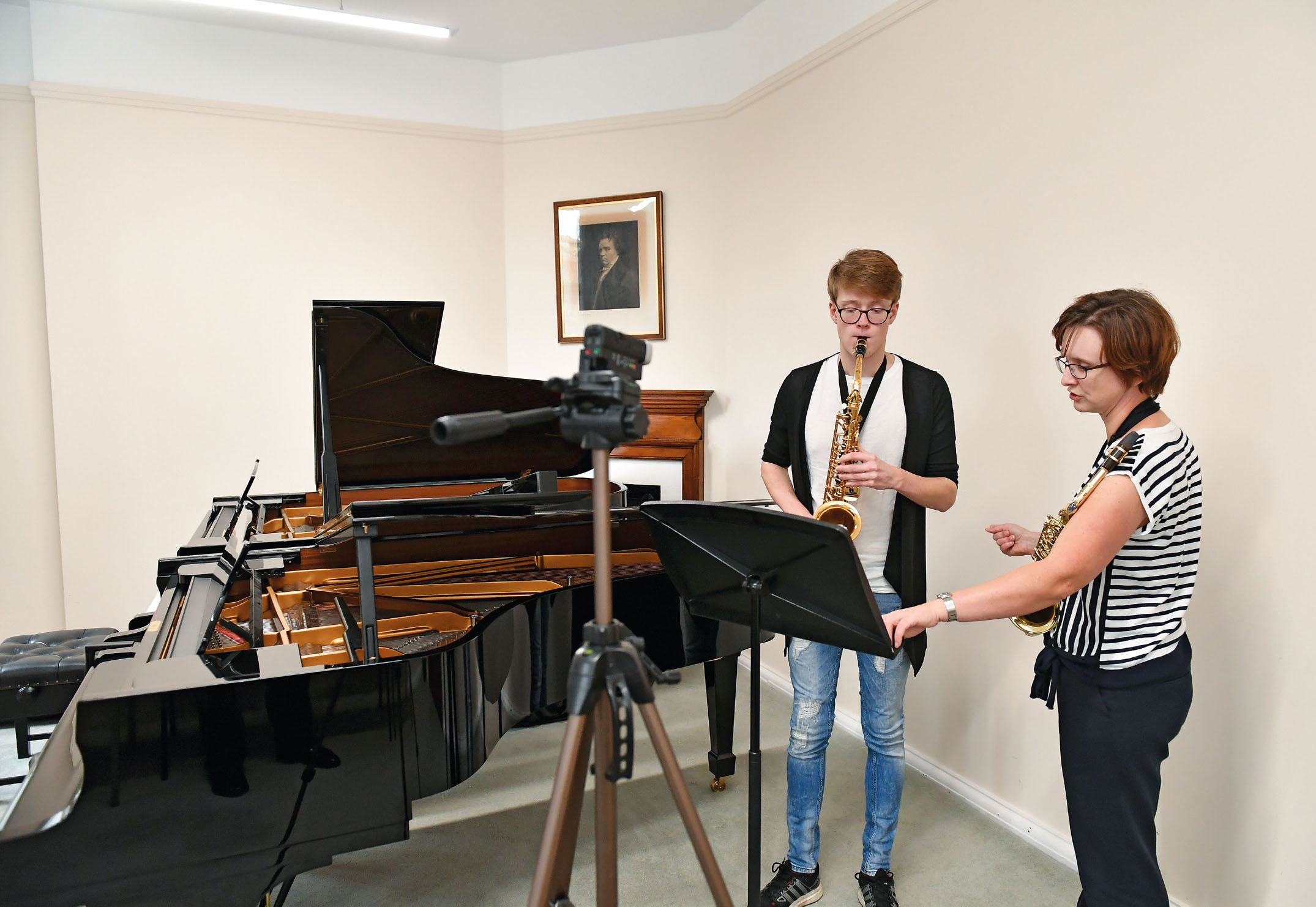
Perhaps the question for music teachers should be: which qualification are employers choosing in order to shortlist candidates or promote employees?
Time was, most instrumental and vocal teachers would have an LRSM or an ATCL in teaching, but perhaps due to the pool widening, with many more instrumentalists and singers who teach as part of a portfolio career, this is no longer par for the course. Arts Council England would be gratified if the Level 4 Certificate for Music Educators became the industry standard – this looked set to meet the needs of anyone teaching music and be something akin to a modern-day teaching diploma, but has suffered from lower-than-hoped take-up in the case of the ABRSM CME, and appears to cater largely for primary teachers and those working within hubs in the case of Trinity College's CME. So, unless you are working for one of the hubs engaged with the CME, instrumental teachers may be forgiven for overlooking it.
A PGCE is widely recognised as the main teaching qualification but, at a time when music PGCEs are being withdrawn by some providers, musicians are having to take a wider view of their role in music education. Those not headed straight for the classroom are right to consider alternatives.

Jennie Henley: ‘A master's involves deep reflection’
Flexible approach
Institutions educating musicians generally acknowledge that most musicians will participate in education – and therefore that they will benefit from some training in that area. The RCM has made a definitive response to this need by appointing Dr Jennie Henley, formerly of the Institute for Education, as area leader for music education and to design a new Master of Education (MEd) course. Henley arrived in a fertile environment, she says: ‘There was already some education provision in the undergraduate programme that had developed organically when students wanted more. Now, the second years take a module that leads to DipABRSM and one third have opted to go on to take a higher teaching diploma. There is also a module on music education in the MMus course so we have built up a pool of mentors through that, as well as having a whole range of external doctoral supervisors to call on.’ This level of adaptability will be key to the success of the course, as the RCM expects to take in musicians with a range of backgrounds and for sharing practice to form an important part of the learning experience.
The MEd is aimed at mid-career professionals: people who have at least five years’ experience in the profession since finishing their degrees and who have made some decisions about which direction they would like their careers to go in. Therefore it has been designed to be taken part-time around work commitments, in the form of six modules which can in turn be taken intensively over two years or spread out over four years. The cohort comes together for a three- to four-day course three times a year, over the autumn half term, the Easter holiday period and the summer holiday. The rest of the learning can be done remotely, with mentors on-hand to help students put together a portfolio, and a new virtual learning environment to facilitate the tasks to be completed between the study periods.
In-depth study
When asked what sets it apart from the CME, Henley points out the difference between a professional certification and in-depth study: ‘The CME is about evidence in practice: demonstrating how you meet the criteria, the things that give you a professional standard. A master's involves deep reflection: there is a level of critical thinking required. There is also a level of experience needed, so where a PGCE trains those who have never taught, this course looks at ideas in music education around, for example, assessment or inclusion and asks students to provide examples of their work which either agree or disagree with these ideas.’ The first module is about research methods, with students taking on a range of tasks to observe and evaluate themselves, and this is fundamental to the rest of the course.
It is hard to say whether a master's or a diploma will improve a teacher's prospects any more than a good CV, experience and contacts, and potential students should examine the options to decide which if any is best for them.
This MEd is designed with future leaders in mind, but could also provide the mid-career stimulation and cross-fertilisation that many of us would enjoy. The last word goes to Henley: ‘The course is about understanding your role in the education system. It's a mechanism to celebrate your practice and look more deeply at what you do.’

The course is designed with future leaders in mind
The RCM Master of Education course is available from September 2018. RCM are accepting applications until the end of May.








